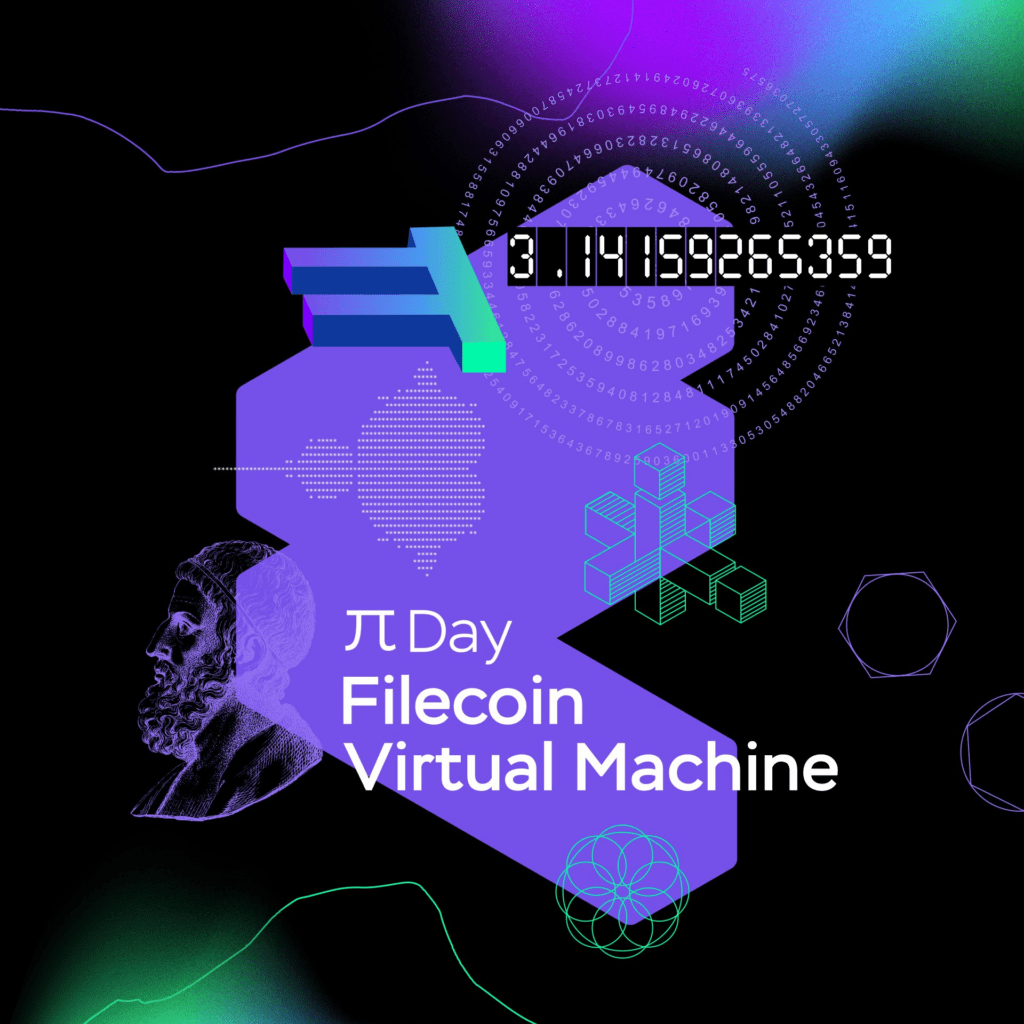Key Points:
- Filecoin is preparing to launch its own FVM virtual machine, which will enable other decentralized apps to be developed on top of it.
- FVM is supposed to assist the blockchain in attracting new ideas and enabling token trade.
- The virtual machine does not directly interact with the data stored on the network; nonetheless, it may govern where and how data is stored, updated, and preserved.
Filecoin, a decentralized storage platform, has launched the Filecoin Virtual Machine (FVM), allowing it to handle smart contracts and opening it up to the world of decentralized apps, NFTs, and liquid staking, unleashing the vast potential of an open data economy, and more.

The idea is for this to promote new tools to be created on the network, make token trading simpler, stimulate the construction of decentralized social media, and eventually become its own healthy ecosystem.
With the expansion of the crypto and Web 3.0 ecosystems, this launch signifies a major advancement in the development of smart contracts.
The FVM tool, which is simply distributed on the network, will allow anybody to interact with Filecoin’s state, including metadata and transactions defining what and who retains data on Filecoin.
While the FVM does not directly interact with the data stored on the Filecoin network, it may regulate where and how data is stored, updated, and maintained, giving rise to concepts such as DataDAOs and programmable storage markets.
Protocol Labs’ CEO and founder, Juan Benet, stated:
“FVM is a major step forward for blockchains and Web3 — it enables developers to build new kinds of applications, bringing the powers of smart contracts to large scale data.”
Using FVM, developers may create and deploy custom code to run on the Filecoin blockchain, enabling them to connect, enhance, and innovate around the Filecoin economy’s building blocks: content-addressed data storage, retrieval, and computation at scale. This marks a significant breakthrough in decentralized storage capacity.

The FVM protocol is best thought of as the programmable controller for the Filecoin storage network, and the two systems were designed to function together.
Because of the protocol’s EVM compatibility, Filecoin’s engineers and product designers will be able to interface with other blockchain protocols that are EVM compatible. This will provide newly registered Filecoin users access to a selection of applications that may fit their needs.
It’s vital to note that every smart contract hub aspires to have a link to and from Ethereum, which is considered the genesis of all Layer 1 and 2 smart contracts and has billions of dollars in liquidity.
DISCLAIMER: The Information on this website is provided as general market commentary and does not constitute investment advice. We encourage you to do your own research before investing.
Join us to keep track of news: https://linktr.ee/coincu
Harold
Coincu News























